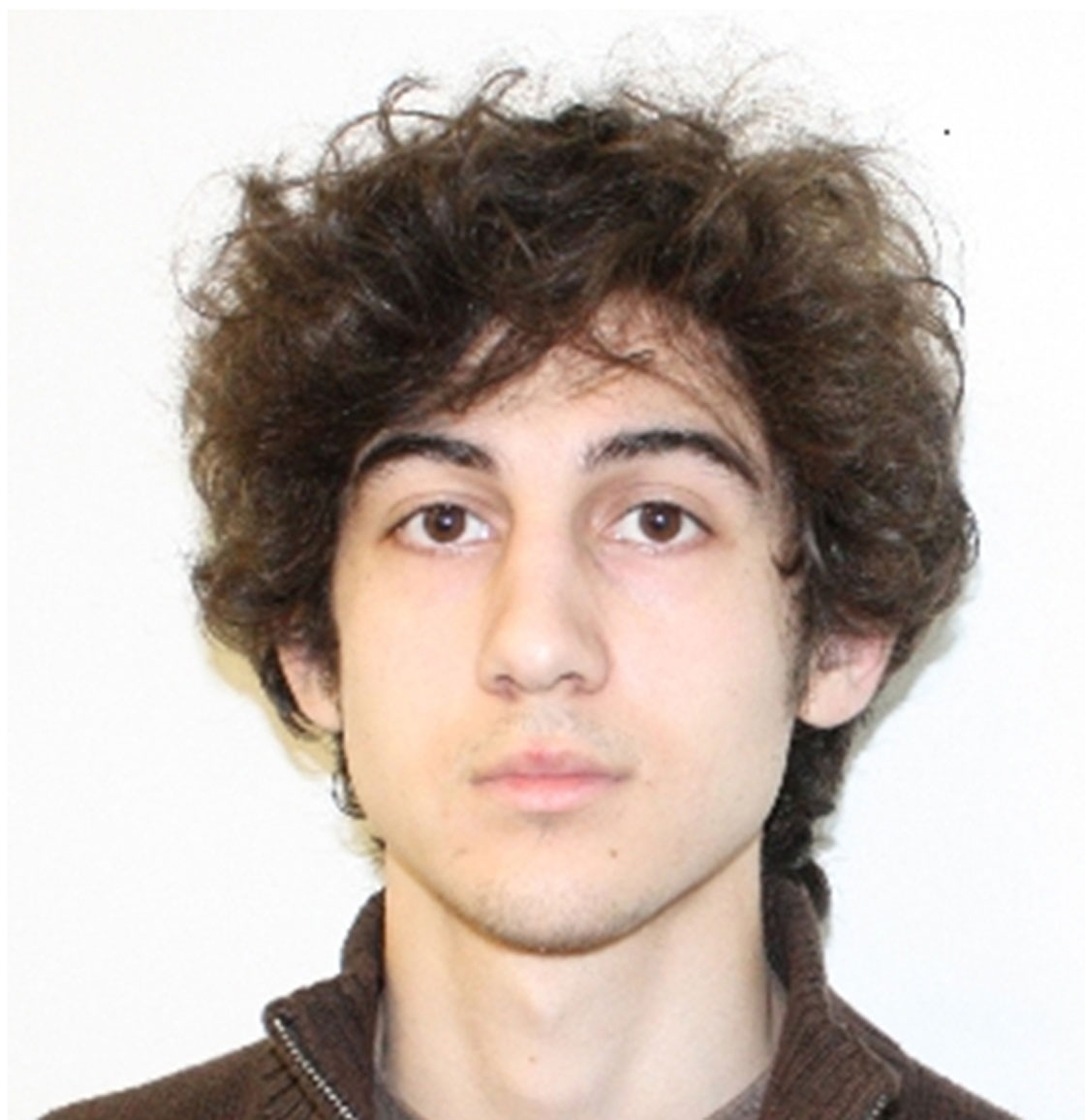CAMBRIDGE, MA – On Saturday Peter Payack was back near the Boston Marathon’s finish line, watching his son complete a race interrupted six days earlier when a young man Payack thought he knew allegedly detonated a pair of bombs that tore the street apart.

Now he’s trying to figure out what he missed.
‘He was just not one of those kids I thought would get in trouble’
Payack was one of Dzhokhar Tsarnaev’s high school wrestling coaches. He remembers a slight teenager coming to practice in checkered shirt and jeans, warm and easygoing but serious on the mat.
Payack has been teaching and coaching for decades; he considers himself a good reader of potentially problem kids.
But not this one.
“He was just not one of those kids I thought would get in trouble,” said Payack, 63.
“He was a smart kid. He wrestled for three years, he was a two-year captain. And that means a lot in wrestling because not only do you get respect from coaches, but respect from the teammates.”
‘All of a sudden, this happens. And it’s like the bomb blew up in my heart’
At Cambridge Rindge and Latin High School, Cambridge’s only public high school, the coaches are more than that, Payack said: They’re mentors looking out for their student athletes, there to provide emotional support or a warm winter jacket.
Payack, who is also a writing professor at Berklee School of Music, keeps asking himself the same anguished question: What went wrong? And why?
“The wrestling team feels like one family and all of a sudden, this happens. And it’s like the bomb blew up in my heart.”
Team members are planning to meet this week to puzzle over the radically different versions of a young man they thought they knew.
Ashraful Rahman will be among them. The 17-year-old high school senior and wrestling team member first met Tsarnaev two years ago through mutual friends. Both also enjoyed boxing and would occasionally meet at the mosque in Cambridge, just a few blocks from school.
Tsarnaev’s closest friends were known stoners, Rahman said. The friend he knew was low-key and laid back.
“He’s not someone who is enthusiastic and outgoing, just a chill guy. Just someone who was not loud, kind of quiet, but he had his share of jokes.
“He would never come across as someone who would do anything like this,” Rahman added.
Rahman was with two other friends on Thursday when they saw the bombing suspects’ photos released on TV. They agreed one of the two looked like Tsarnaev; one of them called the FBI tip line.
‘The thing is, he knew I was a marathoner’
A nagging thought periodically returns to Payack. He has run 21 Boston Marathons and Tsarnaev knew that. A Marathon t-shirt or jacket has long been his de facto practice uniform.
“The thing is, he knew I was a marathoner.”
The last time Payack saw Dzhokhar was in January when he was on break from his studies at the University of Massachusetts-Dartmouth, about an hour south of Boston. Dzhokhar, like other alumni, came back to visit and coach the new teammates after he graduated in 2011.
Payack was struck by how strong and successful his former charge appeared that day, smiling, his wrestling gear and shoes in hand.
He was only about 5”6 and has the lean body of a wrestler, but somehow that day he seemed larger, Payack said.
“Everyone was hugging him and there he was with his long curly hair and telling me how good he was doing in school,” Payack said.
“That’s how we are as a team,” he added. “The idea is not about just making people into good wrestlers, but to make them into good people.”
He described Tsarnaev as a “very good mat wrestler” – adept at unpinning himself from underneath an opponent and pinning his opponent himself through a series of moves
“When on mat he seemed very focused,” Payack said. “Some come to practice to hang out. He came to wrestle.”
‘Most people who are able to complete a task go on and help society, not destroy it’
And, in a physical sport that can lead to pushing and shoving among adrenaline-driven young athletes, Tsarnaev was “a good, solid wrestler, not a crazy wrestler,” Payack said.
That methodical, meticulous ability may have helped Tsarnaev last week, his old coach mused.
“He was thoughtful, a move by move wrestler. To carry out this operation that is what he did as well.”
Payack paused. “Most people who are able to complete a task go on and help society, not destroy it.”
Dina Kraft is a freelance journalist and longtime foreign correspondent who has reported from Israel for the New York Times and Haaretz. She returned to the United States in 2012 as a Nieman fellow at Harvard University.

Comments